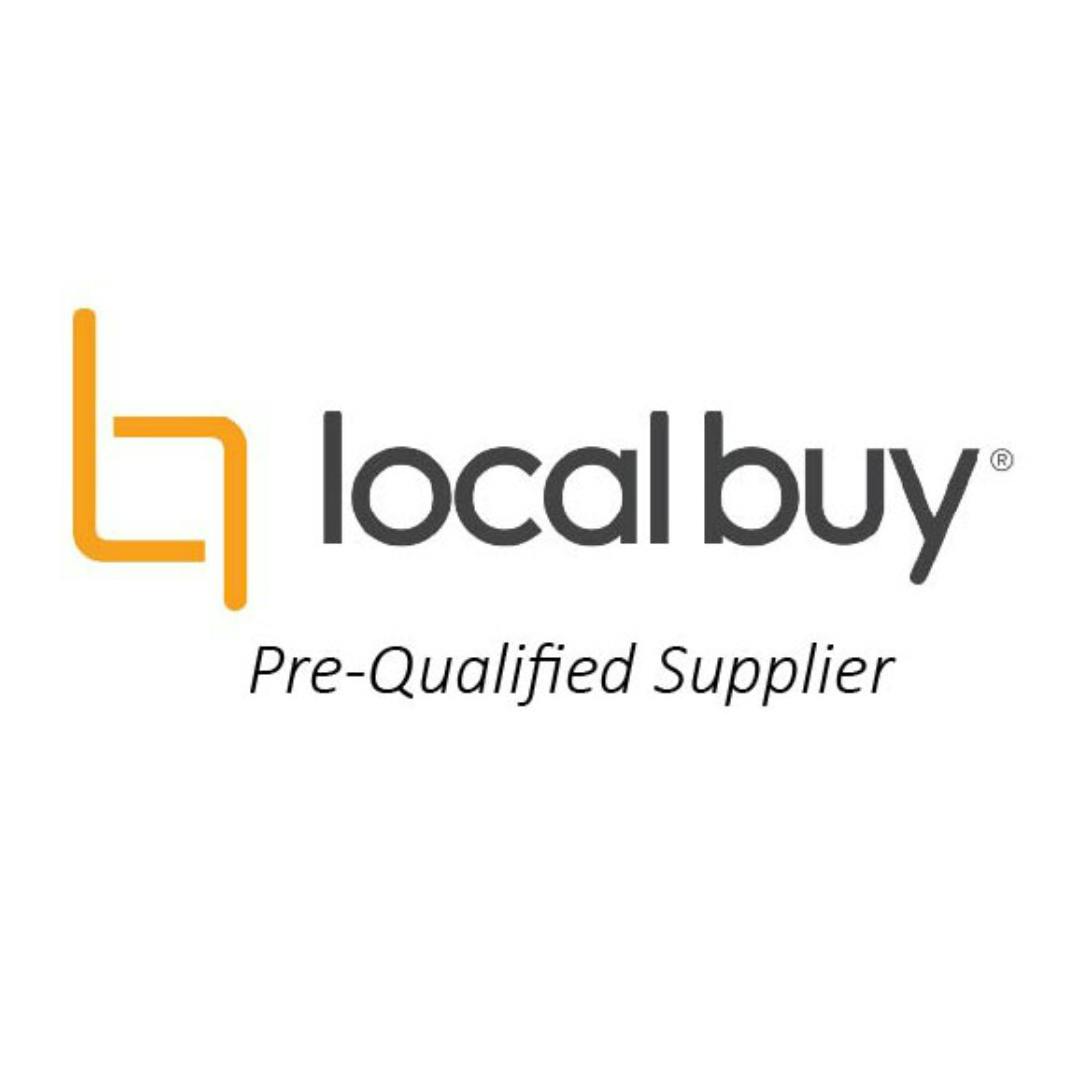For some time now the QBCC has been signalling its intention to regulate the industry on a greatly expanded basis, and in the process focus on the activities and behaviours of parties that cause the greatest risk to other industry participants and consumers. In the 2017/2018 QBCC Annual Report it is stated:
“Traditionally, we regulated building and trade contractors, certifiers, plumbers, pool safety inspectors, fire protection, air-conditioning and mechanical services tradespeople by requiring that they hold a QBCC licence and comply with the appropriate legislation. However, over the past 12 months the building and construction sector regulatory ecosystem has grown, specifically through the enhanced safety powers to include manufacturers, importers and designers.”
In the QBCC 2018/2019 Compliance and Enforcement Strategy, it is sated:
“Resulting legislative amendments have significantly expanded the QBCC’s regulatory function including new laws around non-conforming building products and financial matters. The changes have seen the QBCC become responsible for regulating not only the people who use building products that do not comply with the National Construction Code, but also the people who form part of the supply chain for those products (the “chain of responsibility”), including domestic manufacturers and importers of those products. Similarly, new laws around financial security, including requirements to establish Project Bank Accounts, have altered the QBCC’s regulatory functions and stakeholder expectations.”
The QBCC compliance priorities for 2018/19 are summarised below:
- Combating unlicensed building work by various proactive and reactive means.
- Confronting unlicensed persons performing maintenance work on fire safety installations by such initiatives as intelligence-driven site inspections of buildings and house fire safety systems and desktop audits to identify licensees who are not appropriately certified.
- Averting licensees causing financial detriment to industry participants by initiatives such as analysis of licensees’ financial records through approved audit programs and prosecuting persons providing false or misleading documents about a licensee’s financial requirements as stated in the Minimum Financial Requirement Policy.
- Improving the quality of building work performed by analysis of main reported defects, ensuring building work is being properly supervised and conducting intelligence-driven supervision audits.
- Ensuring licensees notify the QBCC of notifiable work performed in accordance with the law.
- Promoting certifier compliance by conducting audits of work performed by building certifiers.
- Combating the use of non-conforming building products by identifying buildings that have combustible cladding affixed to them and ensuring rectification work is performed as required, conduct audits of suppliers and retailers who sell building products to ensure they are complying with their legislative requirements; and prosecuting entities within the ‘chain of responsibility’ who do not comply with legislative requirements.
- Avoiding failures to comply with pool safety provisions by various means.
- Improving licensee reporting of safety matters to the QBCC and ensuring utilisation of QBCC powers to promote ongoing safety by a number of initiatives such as educating the industry of the requirement of licensees to notify notifiable WH&S incidents
- Educating industry participants about the QBCC’s compliance and enforcement activities.
You need to look no further than the QBCC’s 2019/2023 Strategic Plan: objective 1, to gain an appreciation of the desire of the QBCC to:
“Promote quality, safety, security of payment and licensee sustainability.”
“Big Data” and data sharing will be key to the QBCC delivering desired compliance outcomes
In an article I wrote almost 18 months ago entitled ‘Enormous Brother is Watching’, I stated:
“Regulators are attempting to be more proactive in the performance of their roles by seeking to rely on significantly enhanced and upgraded data intelligence, analytics and the sharing of information with other regulators, government agencies and mining publicly available information.
A regulator who is reforming its operations around making better use of data is the QBCC. In an article entitled QBCC embraces the benefit of hybrid cloud, it was stated that to promote organisational flexibility the QBCC has switched to a hybrid cloud solution “to better utilise data to enable it to adopt an insights-driven approach to its work”.
The QBCC has further advanced its operational reforms in this regard by issuing all Insights Driven Regulator-Strategy and Business Case Tender where it is stated:
“Through recent significant legislative reform the QBCC was given extended powers to enhance the integrity and probity of the building and construction industry. Consequently, this reform will rely heavily on data intelligence and analytics. A critical dependency to achieve the Government’s expectations for implementation of the new laws is the ability to be an “insights driven regulator””.
In a media release entitled “Stay clear of the sharks! Building watchdog unites with the ATO and ASIC”, it is reported that the QBCC, Australian Taxation Office (ATO) and ASIC have joined forces in an educational offensive against illegal phoenixing in the industry. It is stated:
“QBCC Commissioner, Brett Bassett, said the three agencies were all members of the national Phoenix Taskforce but this was the first time they had combined their resources in this way.”
Final thoughts
A quick look at relevant self-evident titled media releases over the past 12 or so months confirms how active the QBCC has been in relation to its compliance priorities.
- https://www.qbcc.qld.gov.au/media-releases/numbers-five-accountants
- https://www.qbcc.qld.gov.au/media-releases/multi-agency-blitz-gold-coast-uncovers-numerous-building-offences
- https://www.qbcc.qld.gov.au/media-releases/mandatory-reporting-safety-incidents%C2%A0
- https://www.qbcc.qld.gov.au/media-releases/certificates-conformity-cancelled-nine-cladding-products
- https://www.qbcc.qld.gov.au/media-releases/swimming-pool-safety-blitz-sees-500-tourism-operators-audited
- https://www.qbcc.qld.gov.au/media-releases/qbcc-audit-glass-industry-finds-contractors-flouting-standards
Helix Legal will address issues like how the QBCC is regulating the industry at our upcoming event called “Building Businesses: a conversation with the QBCC” where Brett Bassett and a number of senior QBCC staff will be participating in a Q&A style event.
Numbers are limited so if you or any of your colleagues or contacts are interested in attending this event, I would recommend that you promptly register.
We look forward to hosting the inaugural event for the Building Business Series at Helix Legal on 26 September 2019.
Not intended as legal advice. Read full disclaimer.


